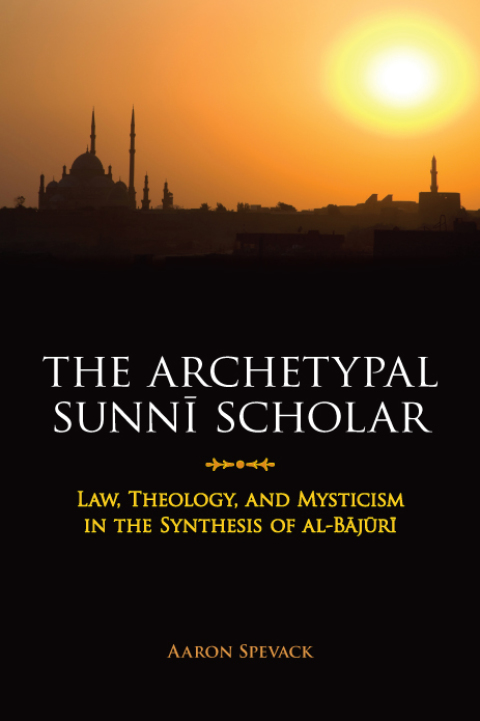
The Archetypal Sunni Scholar PDF
224 Pages·2014·1.4606 MB·other
Most books are stored in the elastic cloud where traffic is expensive. For this reason, we have a limit on daily download.
Preview The Archetypal Sunni Scholar
Description:
This is a rare study of a late premodern Islamic thinker, Ibrahim al- Bājūrī, a nineteenth-century scholar and rector of Cairo's al-Azhar University. Aaron Spevack explores al- Bājūrī's legal, theological, and mystical thought, highlighting its originality and vibrancy in relation to the millennium of scholarship that preceded and informed it, and also detailing its continuing legacy. The book makes a case for the normativity of the Gabrielian Paradigm, the study of law, rational theology, and Sufism, in the person of al- Bājūrī. Soon after his death in 1860, this typical pattern of scholarship would face significant challenges from modernists, reformers, and fundamentalists. Spevack challenges beliefs that rational theology, syllogistic logic, and Sufism were not part of the predominant conception of orthodox scholarship and shows this scholarly archetype has not disappeared as an ideal. In addition, the book contests prevailing beliefs in academic and Muslim circles about intellectual decline from the thirteenth through nineteenth centuries.
See more
The list of books you might like
Most books are stored in the elastic cloud where traffic is expensive. For this reason, we have a limit on daily download.
